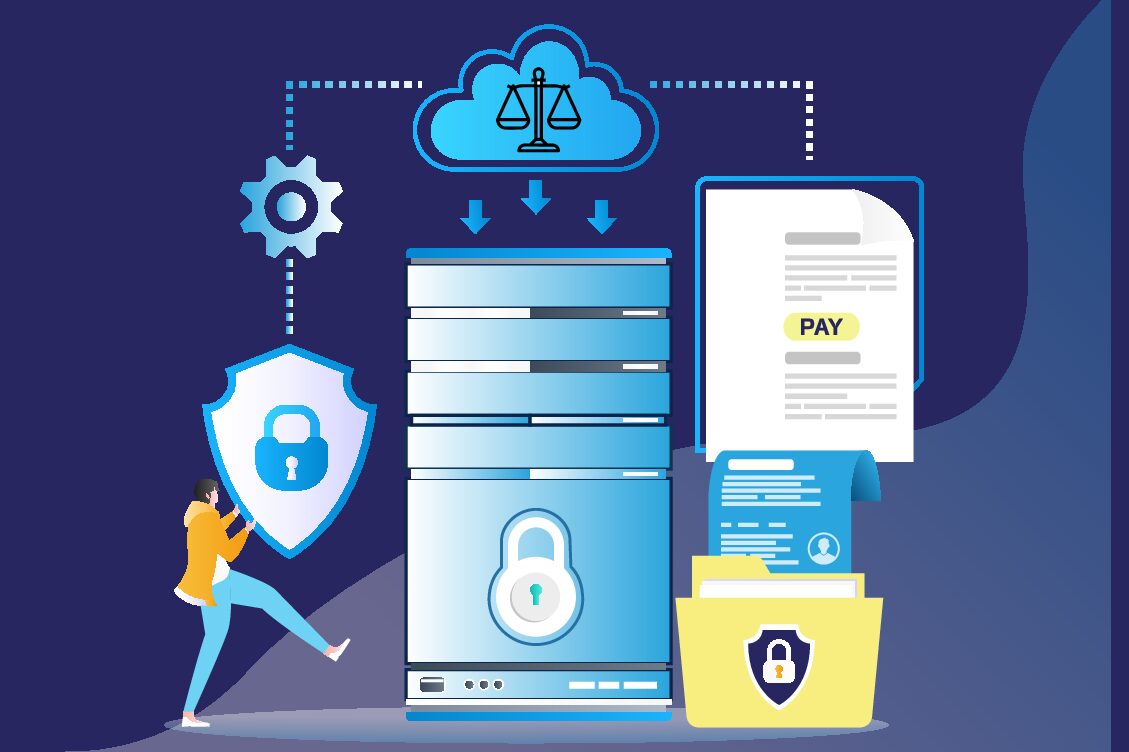Do you find the idea of processing electronic payments from your legal clients daunting?
Most law firms do. With the ABA’s strict IOLTA trust accounting guidelines, there isn’t a lot of room for error. Without rigorous compliance safeguards in place, you run the risk of landing in hot water due to some common payment processing blunders.
Still, the benefits of accepting electronic payments are too promising for your law firm to pass up. What’s more, 82% of Americans use digital payments to pay for everyday purchases, and your clients expect to use them to pay for legal services, too.
Fortunately, when managed effectively, accepting electronic payments holds the power to make your legal billing process more efficient, preserve attorneys’ precious billable hours, and offer your clients more convenience and agency over the payment process.
By taking a strategic approach to payment processing at your legal firm, you can reap the benefits of accepting electronic payments. Below, we’ll discuss the main Dos and Don’ts of accepting electronic payments at your law firm, so you can enjoy a faster, more reliable cash flow with peace of mind.
Don’t fall into these payment processing pitfalls:
Don’t be intimidated by accepting electronic payments
No one wants to end up under ABA scrutiny for making an ethical error while processing client funds. You can accept credit card, debit, e-Check, and ACH transfer payments safely when you use a legal-specific payment processing platform.
Don’t let payment processing platforms charge you extra money for payments made with “specialty” cards
Many payment processing platforms designate rewards credit cards or corporate credit cards as “specialty” cards. Oftentimes, these payment processing platforms offer businesses a lower fee percentage for processing electronic payments made with standard cards, instead of “specialty” cards.
However, this great “deal” often isn’t what it’s cracked up to be, at least for law firms. These cards could ultimately rack up significant fees for your firm every year—a problem for firm bottom line since most clients paying with a credit card use these tips of cards.
Don’t use a generic payment processing platform
Legal practices have to take care to stay compliant with bar trust accounting rules when accepting and processing electronic payments. These regulations are all too easy to violate by accident, and even minor trust accounting mistakes can jeopardize your entire practice.
For example, credit card processing fees can’t be withdrawn from a client’s trust account. Likewise, client funds can never be routed through the firm’s operating account on their way to the client trust fund. This is considered commingling of funds, which is an ethical violation that carries serious consequences for lawyers.
Unfortunately, a majority of generic payment processing platforms lack the firm-friendly features necessary to avoid these trust accounting pitfalls.
Accept electronic payments with confidence by adopting these smart payment processing strategies:
Do offer a wide variety of online payment options, including the option to submit payment via credit card
Some legal clients feel more secure paying by credit card, especially if they’re not very familiar with your law firm. Other clients may need to be able to pay legal fees over a longer period of time due to financial hardship. Whatever their reasoning, your clients are more likely to pay bills promptly when they can choose the payment method that works best for their budget, lifestyle, and schedule.
Accepting credit card payments is also favourable for law firms, as long as the right safeguards are in place. Credit card payments can be processed in a matter of minutes, which makes it easier to maintain a positive cash flow.
Do choose a payment processing platform that applies a flat fee for all credit card types
This transparent fee structure will save your law firm money in the long run. Be sure to ask about potential fees for debit cards, e-checks, and ACH payments before committing, though. It’s crucial that your law firm is able to accept a full range of online payment options affordably.
Do use a legal-specific payment processing platform to accept electronic payments with minimal risk
Make sure your legal practice stays in good standing with your state and federal bar associations. A legal-specific payment processing platform like TimeSolvPay has built-in safeguards that keep your firm compliant and your clients’ funds secure.
The right legal payment processor can automatically deposit clients’ credit card payments into their trust account while withdrawing processing fees from your firm’s operating account and can offer similar protections in the event of a refund, void, or chargeback.
This way, you never have to worry about commingling client funds with operating funds or accidentally withdrawing processing fees from a trust account.
Do send out invoices to clients in batches
To do this, you’ll need to store some client credit card and eCheck/ACH information and create client payment agreements that specify exactly when you’ll run payment from sent invoices. The benefit of this approach is that you can collect large payment amounts regularly in just one click.
Because attorneys carry an extra responsibility to maintain clients’ privacy, though, you’ll need legal payment processing, billing, and invoicing software that offers layers of security, including a Level 1 Security Provider certification.
Do track data about your deposits
Your payment data is powerful. Harness that power by running reports on sales, deposits, reconciliations, and so much more. Generating reports from this key data can help you make more responsible decisions about your law firm’s financial well-being moving forward.
Do integrate your payment processing platform with your other legal technology for maximum impact
Most law firms decide to accept electronic payments in the hopes of saving time and money, but you’ll lose much of that advantage if manually processing payments from credit cards and debit cards actually decreases your attorneys’ billable hours.
Repetitively entering clients’ personal and payment data across several different software platforms also introduces an unnecessary risk of data entry errors. In addition, entering all of that data over and over again pulls attorneys’ time and focus away from serving clients and completing billable hours.
In short, your billing, invoicing, and time tracking software should all work together seamlessly to maximum efficiency and ensure there are no unexpected roadblocks to processing payment.
TimeSolvPay is the ultimate, all-in-one electronic payment processing solution for law firms
With no monthly fee and no hidden costs, TimeSolvPay provides compliant, end-to-end credit card and ACH payment processing that you can trust—without the risk of costly client trust accounting errors.
TimeSolvPay’s custom-built portal offers instant data about deposits, and our transparent pricing means you always know what to expect. Plus, next-day funding, combined with payment links in your email invoice, means you get paid faster than ever before.
From speedier transactions to improved client relations, your law firm stands to gain much more than it stands to lose from accepting electronic payments. Take control of your law firm’s billing and payment process with TimeSolvPay. To request your free consultation, schedule a meeting with the TimeSolv support team today.
















